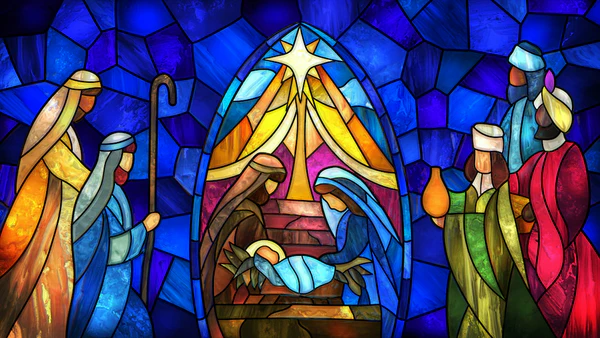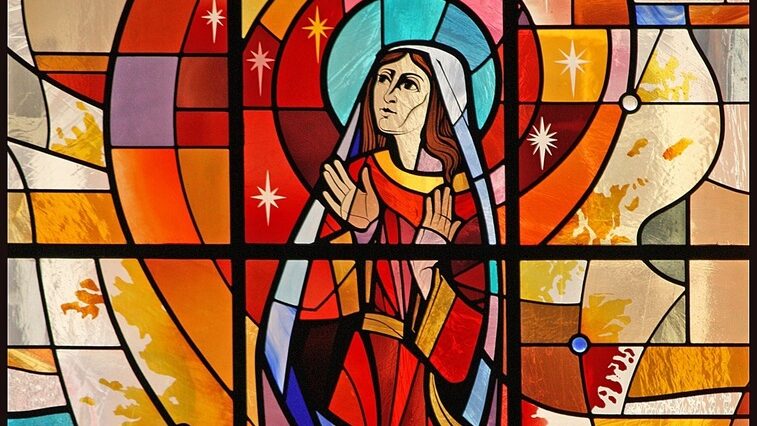In Exodus 4, we see both good and poor judgment in the life of Moses as he was leaving Midian and headed to Egypt. His poor actions were such that death was coming upon his family had not Moses’ wife Zipporah stepped in and acted swiftly. It was a testament to God’s faithfulness to call the unholy to turn to Him and be wholly devoted to His mission and glory.
As we turn our attention to Exodus 5 though, we see Moses before Pharaoh and the fulfillment of Exodus 3:19-20.
“But I know that the king of Egypt will not let you go unless compelled by a mighty hand. So I will stretch out my hand and strike Egypt with all the wonders that I will do in it; after that he will let you go” (Exodus 3:19-20).
This is a hard time in the history of Israel. The Hebrews are slaves of Egypt, breaking their backs and building Egyptian cities under cruel conditions.
A blight on the pages of American history, as well as the history of the world, is the reality of slavery like we see in our passage. The mistreatment and dehumanizing of real people because those with power and money want to exert that power and money is a travesty.
Very little displays the full effects and overall picture of sin like slavery does. And yet, even in the midst of the darkness, God’s light shines through in unexpected ways. Negro Spirituals are an example of such light. One of my favorites conveys a message of hope despite desperate conditions: “Didn’t My Lord Deliver Daniel.”
The message of this spiritual is that God delivered Daniel so he can deliver others, specifically those who are enslaved. It’s hope that was being sung as the sun beat down on the backs of slaves as they did the labor they were sold, forced or born into.
This passage is not clean and easy to read. It carries hope, which we will see, but it’s hard. And I believe that God is wanting to provide some perspective to us today as we face the upcoming difficulties of life. But not perspective from comparing our situation to a greater difficulty that others are facing.
No, I believe that He wants to reorient our minds and hearts around how He uses suffering for His glory. He wants us to hope in the middle of suffering.
Let’s start with reading just the first two verses in Exodus 5.
“Afterward Moses and Aaron went and said to Pharaoh, ‘Thus says the Lord, the God of Israel, “Let my people go, that they may hold a feast to me in the wilderness.” ’ But Pharaoh said, ‘Who is the Lord, that I should obey his voice and let Israel go? I do not know the Lord, and moreover, I will not let Israel go’ ” (Exodus 5:1–2).
Theologian Tremper Longman summarizes the workings of God in Exodus 5 like this: “God is setting up the conditions that lead to His glorification.”
Called to speak truth
“Afterward Moses and Aaron went and said to Pharaoh, ‘Thus says the Lord, the God of Israel, “Let my people go, that they may hold a feast to me in the wilderness.” ’ But Pharaoh said, ‘Who is the Lord, that I should obey his voice and let Israel go? I do not know the Lord, and moreover, I will not let Israel go.’ Then they said, ‘The God of the Hebrews has met with us. Please let us go a three days’ journey into the wilderness that we may sacrifice to the Lord our God, lestHe fall upon us with pestilence or with the sword.’ But the king of Egypt said to them, ‘Moses and Aaron, why do you take the people away from their work? Get back to your burdens.’ And Pharaoh said, ‘Behold, the people of the land are now many, and you make them rest from their burdens!’ (Exodus 5:1-5).
Moses moves forward in speaking boldly the words of God. “Let my people go.” But when Pharaoh belittles God and says no, the tone of the request changes to almost a pleading with Pharaoh. Moses’ confidence is tied more with the response from Pharaoh than with the God whose words he is speaking.
There’s a battle happening here. It gets lost a bit in translation, but it’s helpful to see and know. Notice the words for worship or serve in Exodus 4:23: “… And I say to you, ‘Let my son go that he may serve me. If you refuse to let him go, behold, I will kill your firstborn son.’ ”
The words for work and labor that Pharaoh uses come from the same word. We do this too. We call the Sunday gathering a time of worship or worship service.
The words for work and worship and how they interplay here show that a battle is erupting between God and Pharaoh. God is exerting His will over Pharaoh, who believes that he is a god himself.
Pharaoh later asserts that Moses, and by extension God, is speaking lies. He’s saying, “Your God is lying but listen to me.”
“Let heavier work be laid on the men that they may labor at it and pay no regard to lying words” (Exodus 5:9).
Is this not the bondage of sin in our own lives? Sin’s promise is that it will fulfill while God restricts our freedoms. When in reality, the freedom that sin offers is really just a heavier burden laid on us to keep us enslaved to it.
The battle for truth is still alive and active both in our own hearts as well as the world at large. There are some things that are relative to each person reading this. It’s true that I am quite fond of Star Wars. But there is a strong disinterest in my best friend’s heart towards it. I find the movies to be truly among the greats. Matt does not.
But there is a different category of truth that we are called to speak. If God speaks it, we are called to speak it as well. It’s absolute truth. There is not to be various versions of truth from one person to the next.
God created the universe. Jesus is the Son of God who was literally born a man of a virgin, and lived a sinless life, dying on a cross, taking the wrath of God for sin, was actually buried, and then was raised again from the dead, conquering sin and death for all who believe. There is a literal place of condemnation for all who die in sin apart from Jesus. There is a literal place of eternal blessing where all the children of God will dwell with Him forever in perfection.
These things are absolute, according to the true word of God. But our world, like Pharaoh, wants to cast doubt on the truth of God. We are to boldly speak the truth in love. We must fight the good fight against the lies of the world and evil.
How are you boldly speaking the truth of God into those around you?
Parents, are you training your children in the words of truth or do you settle for behavior modification?
Husbands and wives, are you encouraging one another with the words of God or do you allow yourself to speak harshly to one another when tensions rise?
Believer, are you battling the lies of temptation with the truth of God or are you just trying to block out the enticing words of evil?
We are called to speak the truth at every opportunity. There is still a battle going on, and God will always win. So which side of truth are you on?
Speaking truth, even in love, is not always received well. Pharaoh didn’t receive it well here. And it led to suffering. We will see in part 2 that we are called to endure suffering.







